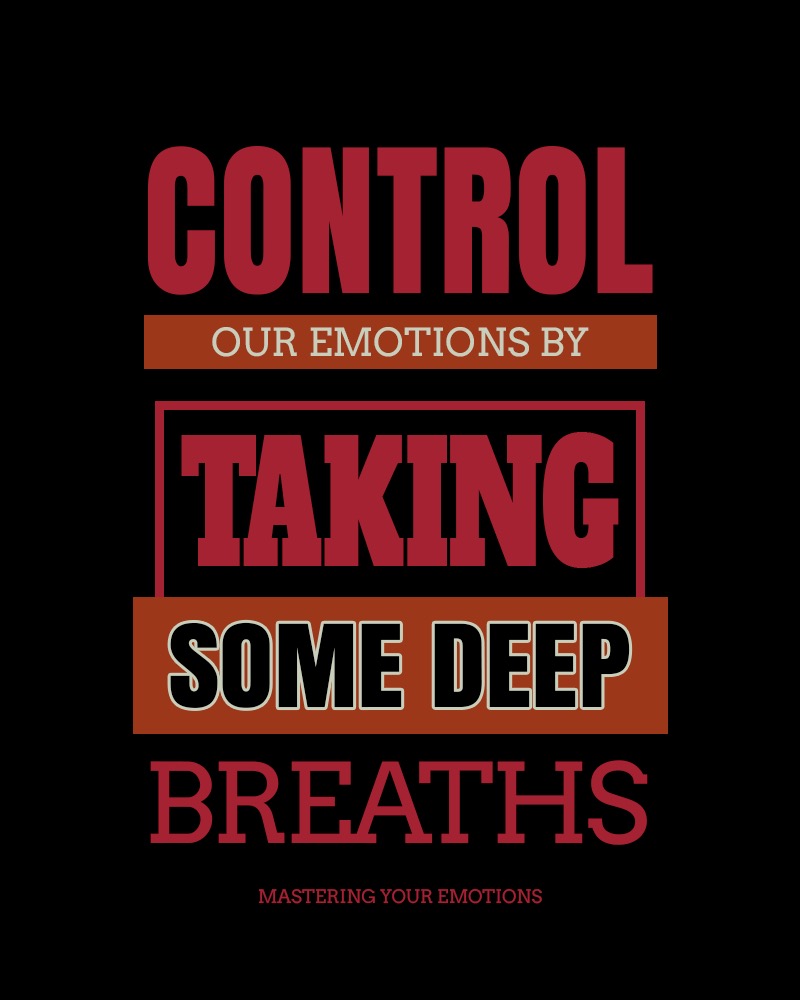
Did you know there are different types of anger. I know I’ve experienced different types of anger… but I never thought of putting it into a category. The typical stereotype of an angry person is someone blowing their top…out of control…maybe even violent. But it’s essential to be able to identify what type of anger you’re dealing with and how to manage it. Here are the most common types of anger. See how many you recognize as a caregiver.
1. The volcano
This is most easily recognized anger. It’s volcanic and explodes everywhere. Irritation and frustration build up until there’s one thing (sometimes a little thing) that tips you over the edge. It’s scary, hurtful, and potentially damaging as this type of anger can lead you to say things in the moment that you regret later.
Solution:
Count to ten, allow the moment of fury to pass, and you’re likely to react at a much lower level. Don’t be afraid to say (not shout) how you feel. It’s okay to say “I’m feeling really upset about…” Even though your loved one may not understand… it’s about you!
2. Self-blame
You may have been “trained” to hold your anger in and take the blame yourself. This can be very damaging and corrosive behavior and erodes your self-esteem fast. You set yourself up for powerlessness and even depression.
Solution:
When you catch yourself sliding into self-blame, turn it around and question that assumption. Who said it was your fault? It probably doesn’t need to be anyone’s fault at all. Bolster your self-esteem and get help if you need to.
3. Denial
People can usually pick up when you’re angry so saying you’re fine isn’t going to cut it. This is another type common among people who are not encouraged to express negative emotions like anger. Instead, you bury the negative feelings, and they fester and come out in other ways.
Solution:
Forget being nice. Learn to identify when you’re angry and safe ways for you to express it. You’re allowed to say something is not okay.
4. Sarcasm
Sarcasm and its close relative, passive aggression, are really just another way to avoid owning and communicating your true feelings. Sarcastic remarks and gaslighting are destructive to relationships and can entrench a bitter, cynical world view in your soul.
Solution:
Give yourself permission to be openly angry, be honest, and straightforward about how you feel. You don’t need to cloak your feelings in clever digs or superior cutting remarks. Turn that aggression into calm assertiveness and take control of your anger to get what you need.
Is there anything else you would add? Share your thoughts .
Comment below.
